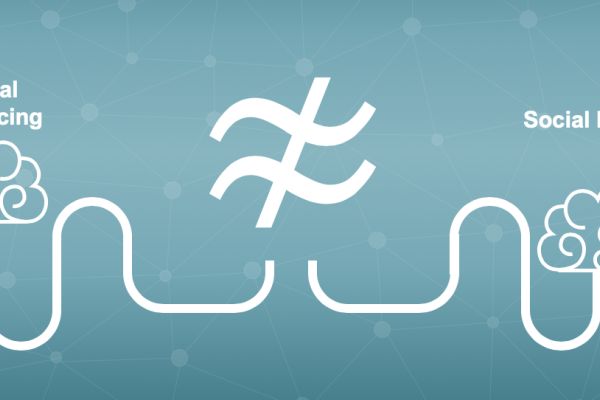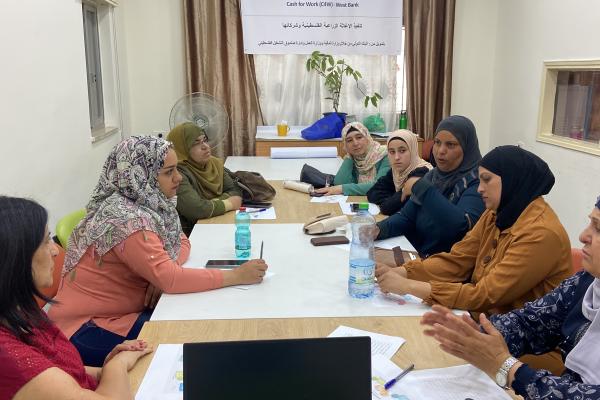
Women Entrepreneurship in Action initiative, a transformative project that blends offline and online learning experiences. The course, conducted in the remote areas in Bethlehem, garnered positive feedback from participants in the offline sessions, enhancing their knowledge and skills. Simultaneously, virtual meetings on the Zoom platform introduced participating women from all over the West Bank to both the course content and each other.
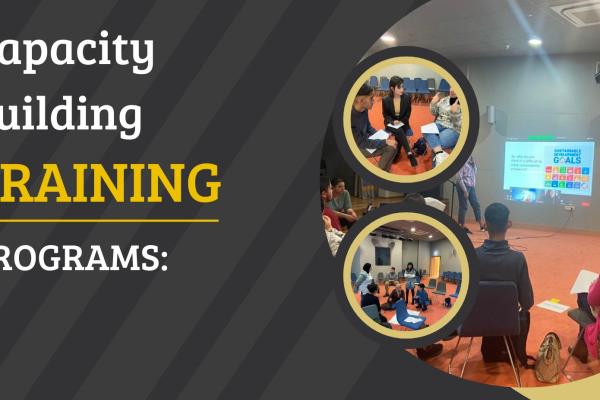
Ibtikar implements training of Trainers (ToT) programs in cooperation with Milton Foundation, IFWEA,YEU and Afflatoun International. The programs aim at capacity building for the targeted youth on the principals of SDGs, non-formal education, entrepreneurship, social entrepreneurship and innovation to help them create their own job opportunities and assist them in assisting their communities and maybe become
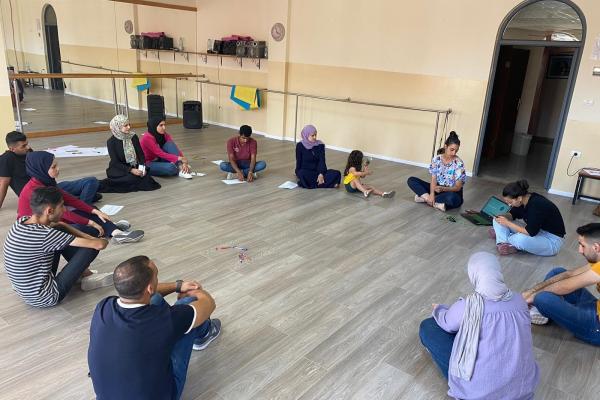
As part of Ibtikar for empowerment and social entrepreneurship's interventions, this training course was developed to be delivered in Palestine, gathering 15 participants per training course.
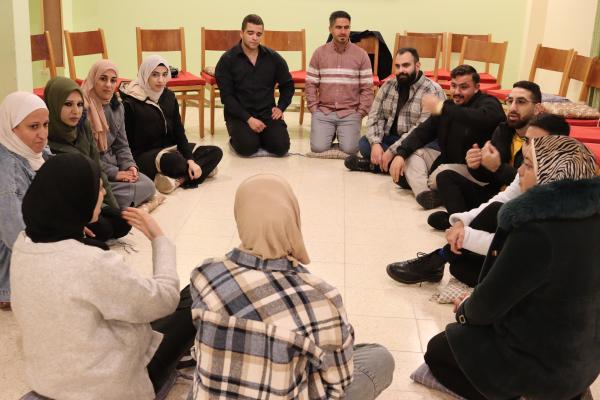
This project aims to train a team of youth business coaches who will provide support and guidance to emerging youth projects in the South West Bank of Palestine. By leveraging their diverse backgrounds and expertise, these coaches will empower and mentor young entrepreneurs, fostering social innovation and inclusive economic growth. The ultimate goal is to establish a dedicated department at Ibtikar organization that will provide business coaching services as an ongoing support system for Palestinian youth.

The study circle has taken proactive steps to initiate advocacy efforts by actively engaging with local Community-Based Organizations (CBOs) and local councils. The primary focus of these engagements is to address the pivotal role of Palestinian women refugees within their communities and their potential contributions to socioeconomic enhancement.
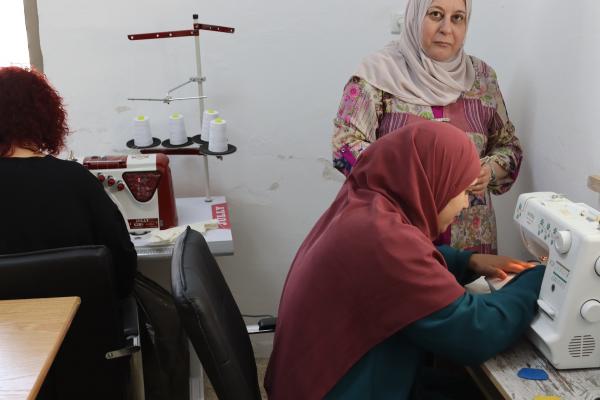
Our "Palestinian Puppets" project has brought a fresh approach to preserving Palestinian heritage. Through handmade Palestinian-themed dolls, Ibtikar has aimed to preserve and convey Palestinian traditions to younger generations and international visitors. Simultaneously, we have empowered women in marginalized areas by providing training in embroidery and employment opportunities.
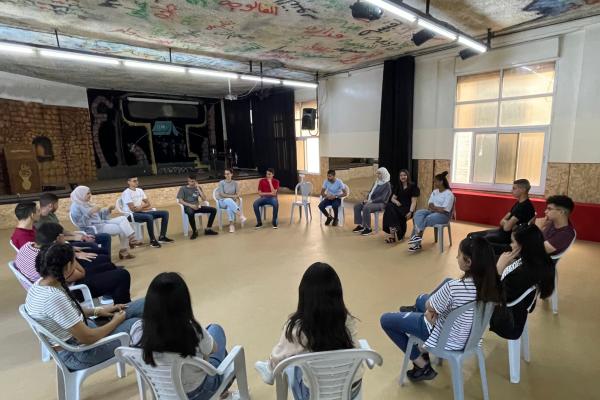
The study circle focused on raising awareness and fostering action-oriented activities on climate change among future change makers. The training sessions revealed the genuine interest of the targeted boys and girls in environmental issues and climate change, and this enthusiasm positively influenced the outcomes of the sessions.
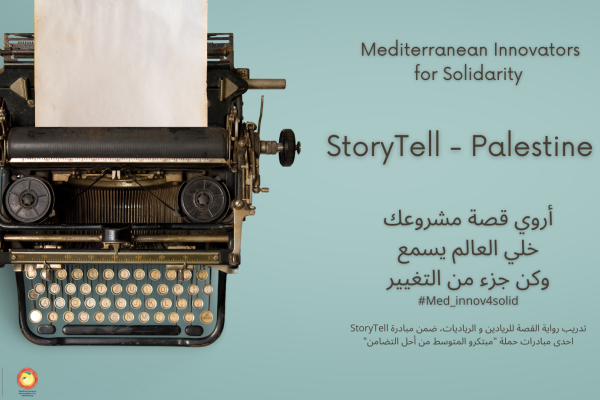
Mediterranean Innovators for Solidarity to promote social and solidarity economy
On 15 January 2021, has begun the regional common action "Mediterranean Innovators for Solidarity", launched by the EU-Programme Med Dialogue for Rights and Equality.
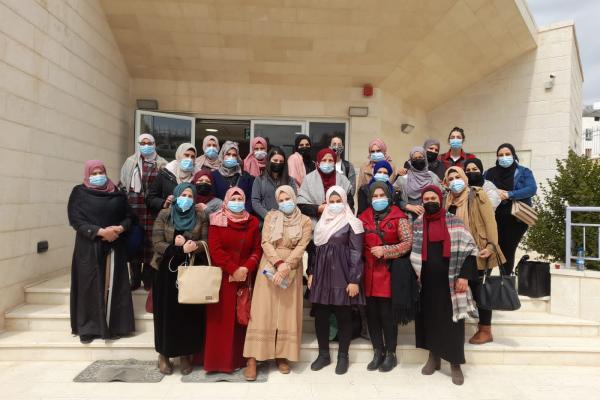
"Supporting Women Entrepreneurs during COVID-19" is a project focuses on three inter-related intermediate outcomes: i) reduced barriers to market faced by women entrepreneurs; ii) enhanced opportunities for women entrepreneurs to successfully establish and/or grow sustainable businesses; and, iii) enhanced opportunities for female entrepreneurs, particularly female youth, to support the adoption of productive processing value chains.
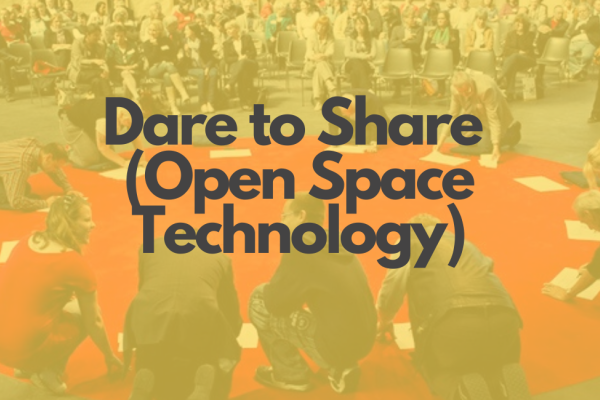
Open Space Technology (OST) is an event format used in meetings of 5 to 2,000 people, invented by Harrison Owen in 1985. Participants create the agenda for themselves and facilitators lead and record the resulting discussions. There’s a twist in this version with the inclusion of a process that gives the organizers a little more control over the agenda.
The objective of the Methodology:
Pagination
- Previous page
- Page 2
